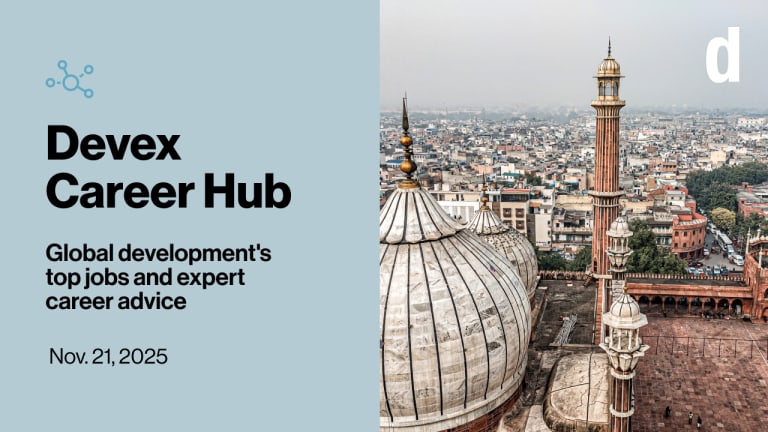DfID to require partners to include disability, old age in proposals
After a long wait, the U.K. Department for International Development released last week its much-anticipated disability framework, which sets out how the British aid agency will be mainstreaming disability in its humanitarian and development programs.
The framework sets how DfID plans to build in-house capacity, raise staff awareness and capability in ensuring funded programs are disability-sensitive, and push and encourage the agency’s implementing partners to do the same.
Much of the strategy has been welcomed by disability-focused nongovernmental organizations that for years have been calling for DfID to come up with more inclusive aid programming that takes into account the needs of people with disabilities. The department has already appointed a director-level disability “champion,” boosted the numbers of its central disability team, announced the establishment of its own disability expert group, and will soon be issuing technical guidance notes for staff and partners.
Search for articles
Most Read
- 1
- 2
- 3
- 4
- 5








